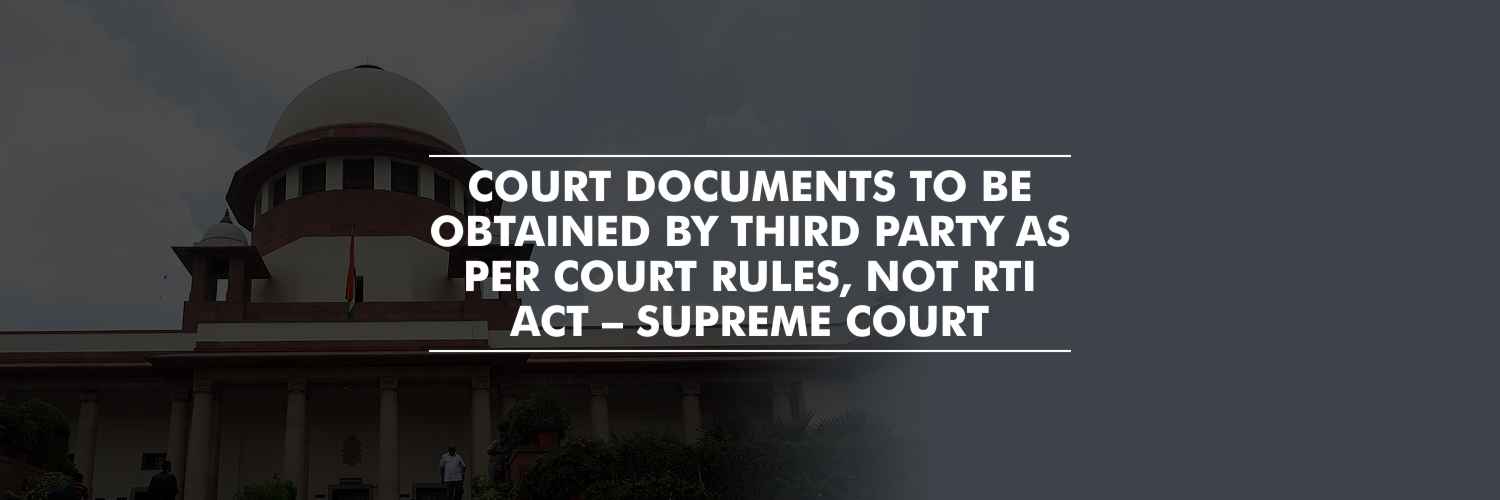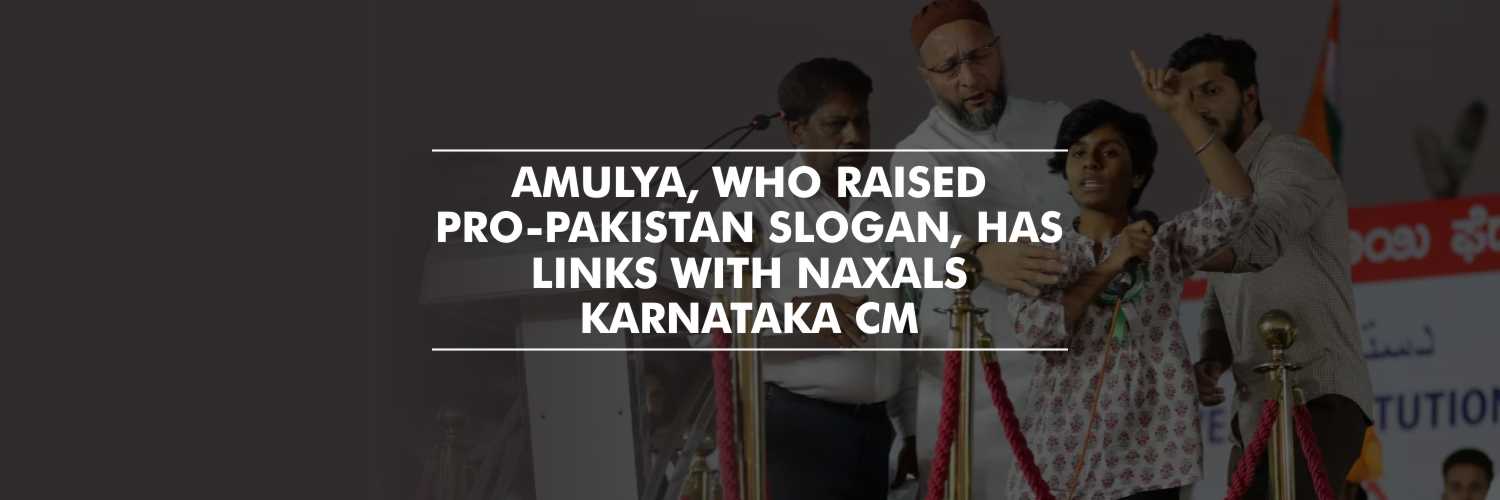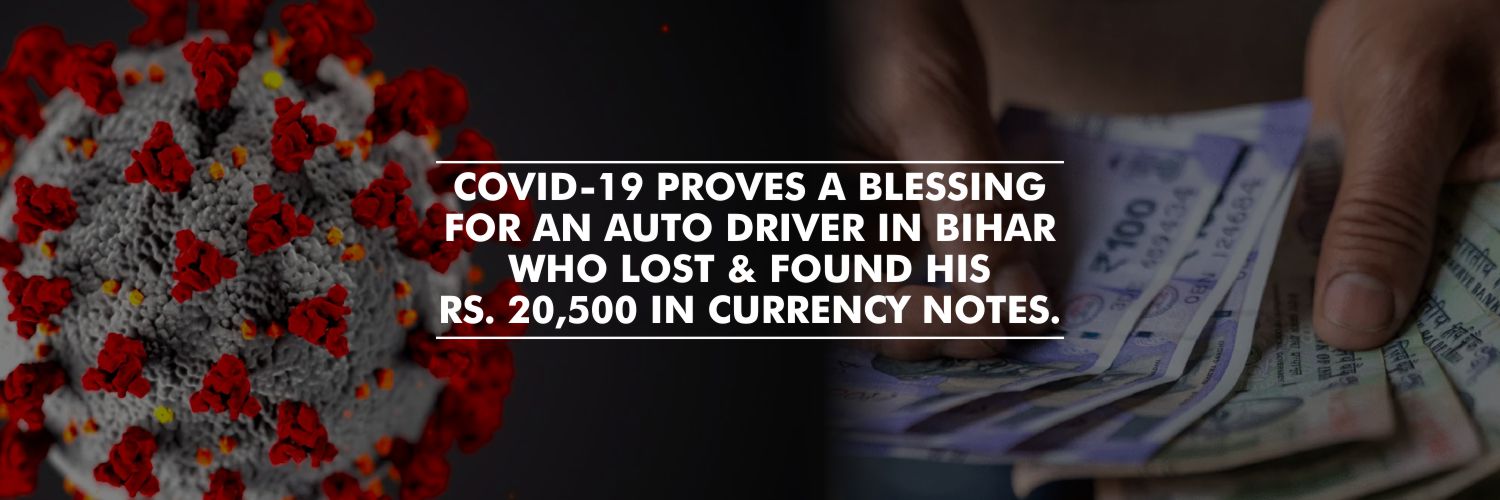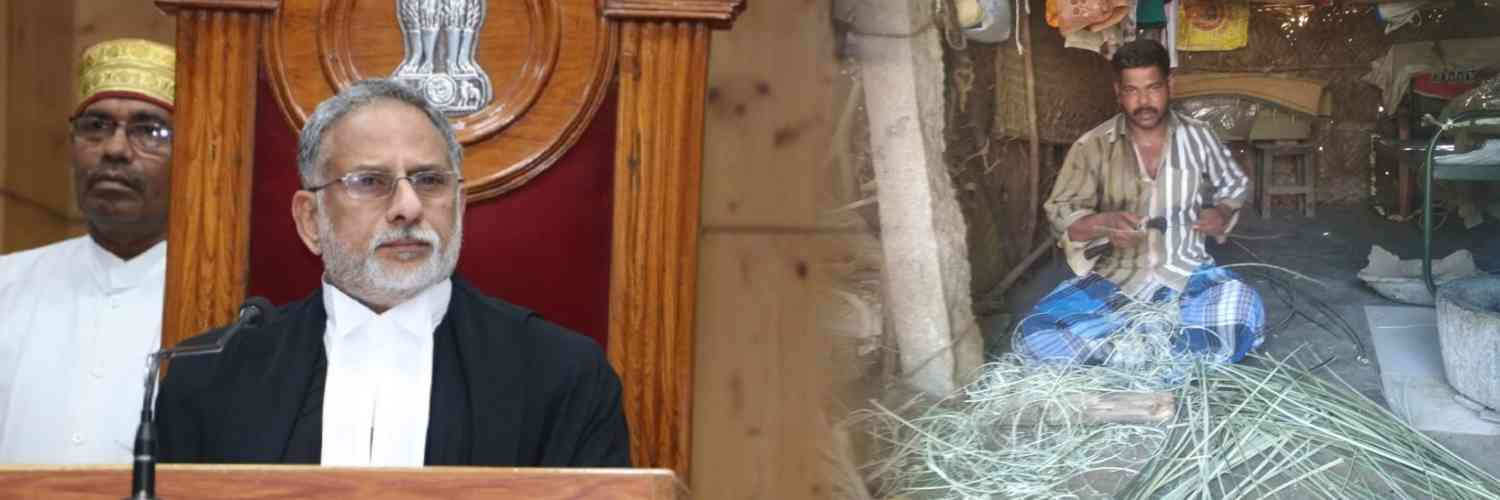The Delhi High Court has on Wednesday refused to quash a criminal defamation complaint and summoning order against Aroon Purie in connection with an article published in India Today magazine in 2007.
The Article reported that “allegations of soliciting sexual favour leading to a probe which revealed financial irregularities and fudging of bills. Consequently, the official is back in India and is facing disciplinary action”.
A single-judge bench of Justice Yogesh Khanna passed the order in a case filed against Purie for his news article ‘Mission Misconduct’ which reported about the allegations against the then Indian deputy consul general in Edinburgh, O.P. Bhola. The article was published by India Today magazine in its edition dated 30 April 2007.
The Respondent maintained that India Today went ahead with the publication of an ‘unsubstantiated and unverified defamatory story’ which was splashed it all over the world through the medium of internet, without any basis.
It was emphasised that the story was published much prior to the complainant receiving any show-cause for the alleged misconducts.
Till date, even during his retired life, the contents of the defamatory article haunt the complainant who is vigorously pursuing litigation, it was argued.
Purie inter alia contended that at the time of the publication of the news item, the allegation of sexual harassment and financial irregularity had already been made against the complainant and even steps for disciplinary proceedings had been initiated.
Before the High Court, Purie contended that as per Section 7 of Press and Registration of Books Act 1867, normally an editor, printer can only be prosecuted. He further contended that he is the editor-in-chief, and that he could never be prosecuted.
However, rejecting the above contention by Purie, Justice Yogesh Khanna of the HC observed that “The argument per Section 7 of Press and Registration of Books Act, 1867 normally an editor can only be prosecuted, cannot be adhered to. In K.M.Mathew vs. K.A.Abrahem and Ors. AIR 2002 SC 2989, wherein the complainant has alleged either Managing Editor, Chief Editor or Resident Editor had knowledge and were responsible for publishing defamatory matters in respect of newspaper publication and in none of these cases the Editor had come forward and pleaded guilty to the effect he was the person responsible for selecting the alleged defamatory matter published, the Supreme Court held it was a matter of evidence in each case and if the complaint is allowed to proceed only against the editor whose name is printed in the newspaper against whom there is a statutory presumption under Section 7 of the Act and in case such editor succeeds in proving that he was not the editor having control over the selection of alleged libellous matter published in the newspaper, the complainant would be left without any remedy left to redress the arguments against the real culprits.”
The Court ultimately concluded that there no ground to interfere with the ongoing trial under Section 482 CrPC and dismissed the petition.
On the other hand, Purie argued that the summoning order was liable to be quashed on the ground of violation of Section 202 Criminal Procedure Code (mandatory enquiry into where the accused was residing), as well as sections 196(2) [previous sanction of the Central Government or of the State Government or of the District Magistrate for certain offences] and Section 197 CrPC (Prosecution of Judges and public servants).
Nonetheless, the Court opined that objection with respect to Section 196(2) CrPC was not relevant at this stage as a Metropolitan Magistrate, after due process of law and after applying her mind to the facts and circumstances of the complaint, had taken cognizance and consented, in writing, to the initiation of the proceedings vide a summoning order.
The objection in relation to violation of Section 197 CRPC was also rejected by the Court as Purie was neither a judge nor a public servant, and therefore, no sanction was required to initiate criminal action.
The Court further ruled that the enquiry contemplated under Section 202 CrPC did not necessarily mean an enquiry by examining witnesses or by holding an investigation into the case or in any particular form.






